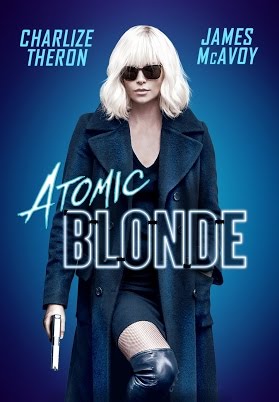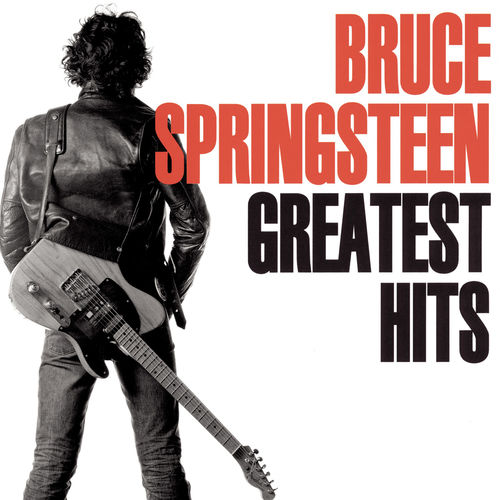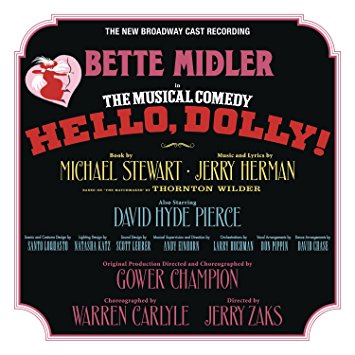‘CONFLICT’ - A 1925 PLAY ABOUT BRITISH UPPER-CLASS POLITICS AND SEX
 Saturday, June 23, 2018 at 5:01PM
Saturday, June 23, 2018 at 5:01PM  Graeme Malcolm, Jeremy Beck, Henry Clarke. Photo: Todd Cerveris.
Graeme Malcolm, Jeremy Beck, Henry Clarke. Photo: Todd Cerveris.
HENRY EDWARDS - NEW YORK - May 25, 2018
“Worthwhile plays from the past that have been lost or neglected.”
That’s exactly what you’ll get when you visit the Mint Theater Company at Theatre Row’s Beckett Theatre.
Last year, the Mint brought us British actor and playwright Miles Malleson’s 1933 "un-romantic” comedy, “Yours Unfaithfully.” The play had been so neglected it had never been seen anywhere until then.
The Mint’s current endeavor, “Conflict,” a 1925 “love story” by Malleson, is having its New York debut.
Before the Mint’s intervention, the only thing I knew about Malleson was the vague sense that I had heard his name. I’ve since learned he was born in Surrey, England, in 1888, attended Cambridge University, made his acting debut in 1911, and scripted his first play two years later.
Not a single one of those efforts has been performed in New York until now, probably explaining why neither you nor I have heard of Malleson with the single exception of hardcore devotees of British character acting.
Malleson’s receding chin, sharp nose, gentle and absent-minded manner and soft and high voice made him the ideal choice to portray bumbling or pompous fools. Over the course of a very long career, he delivered delightfully eccentric performances in (believe it or not) 100 movies.
Fans of British gothic horror undoubtedly spotted him as hypochondriac and fee-hungry Transylvanian M.D, Dr. Tobler, in “The Brides of Dracula” at the (fabulously renovated) Quad Cinema’s current 32-film series, “Hammer’s House of Horror, Part I: The Classic Years (1956–1967).”
Malleson was a Socialist and radical thinker whose liberal values permeated his plays and were audacious for their day. But the British stage of the mid-1920s was no place to address serious social issues. The poverty that afflicted the two-million who were unemployed stood in stark contrast to the affluence of the middle and upper classes. Audiences in evening dress flocked to London’s gilded palaces to take in live "entertainment"(the musical “Chu-Chin-Chow,” JM Barrie’s fantasy for adults “Dear Brutus”), and were in no mood for Socialist hectoring.
In order to make his progressive politics and views about sex palatable, Malleson, of necessity, chose a conventional approach. More than 90 years later, yesteryear’s edginess is admirable, but not especially compelling.
For example, “Yours Unfaithfully” is a rueful, conventional and ultimately tedious comedy about the daring subject of open marriage.
The play was inspired by the relationship shared by the dramatist and his first of three wives, writer and aspiring actress Lady Constance Malleson. Both were in passionate agreement that infidelity is perfectly permissible in a solid relationship, and they did not keep their arrangement a secret.
“In the way that some people keep open house, the Mallesons kept open bed,” Aldous Huxley said of the couple.
The duo appears to be far more interesting than the play they inspired.
In common with “Yours Unfaithfully,” the Mint has given “Conflict” a tasty and tasteful physical production. Virtually the entire play takes place in the imposing drawing room of the Victorian era, wood-paneled London townhouse belonging to rich and conservative Lord Bellingdon (classic old-school Graeme Malcolm). Portraits of dogs were quite the thing then and set designer John McDermott goes so far as to mount a captivating portrait of a dog behind the paneled doors leading to the drawing room. The canvas captures your attention whenever a servant turns up with a tea set.
Before Bellingdon’s surprisingly shut eyes, Major Sir Ronald Clive (gentlemanly Henry Clarke) has been having a two-year secret affair with Bellingdon’s daughter, Lady Dare Bellingdon (a spirited Jasmin Walter).
Clive is a Conservative candidate for a seat in the House of Commons and the last thing he wants is to wind up in a sex scandal if the affair becomes public knowledge. Nor does he want to betray mentor Bellingdon who believes unmarried women should be chaste and who happens to be not all that bad for a Conservative.
Clive wants to marry Dare, but the idea does not appeal to her. Women are three years away from obtaining the right to vote, and upper-class, sheltered, beautiful (and somewhat of a ninny) Dare views herself as an independent woman. Breaking the rules and sleeping with Clive is one thing; marriage to him does not seem all that interesting (and who can blame her?).
Clive has been followed by a strange man who breaks into the house in search of food and is captured. The burglar turns out to be Tom Smith (Jeremy Beck), a respected classmate of Clive’s at Cambridge. He’s landed on the skids thanks to one misfortune after another after another.
Beck, intense to begin with, is spellbinding as he catalogs his step-by-step descent into the lowest of the lower depths.
Clive and Bellingdon send the woebegone almost thief on his way with food, whiskey and cash. In response to their pity and the sight of seeing one of their own in such a state of disrepair (if it happened to him, who could be next?), their pride disallows them from admitting how much money they've turned over.
It turns out to be a lot.
Eighteen months later, they discover Smith has utilized their charity to clean up his act and become the Labour candidate who opposes Clive in the forthcoming national election.
To further complicate matters, it turns out liberalism can be really hot and Dare and Tom are eying each other lustfully.
 Jessie Shelton, Jeremy Beck Photo: Todd Cerveris.
Jessie Shelton, Jeremy Beck Photo: Todd Cerveris.
Tossing taboos aside, Dare attends a Socialist meeting and visits Tom’s bed-setting room. They never make it to bed even though they are so inclined. What does happen is that he gives Dare an earful about social justice, wealth distribution, proper housing and a host of other social issues.
Her instant enlightenment goes a long way toward moving her politics leftward. Her father reinforces her new found awareness when he points out that Smith’s politics has the potential to destroy their privileged way of life.
“Conflict” is remarkably civil, and some of its arguments demonstrate that 90-odd years later, nothing has changed or in some cases it's gotten worse.
Director Jenn Thompson skillfully orchestrates the well-made play.
“Conflict” is generating an abundance of favorable response. As for me, I found it a pleasing entertainment, and one that has been mounted with great care. But in light of the wretched politics of today, Malleson's play struck me as more of a fairy tale than anything else, especially when it concluded on a note of compromise.
 Miles Malleson
Miles Malleson
"Conflict" runs through July 21. For more information and tickets: MINT THEATER



















Reader Comments